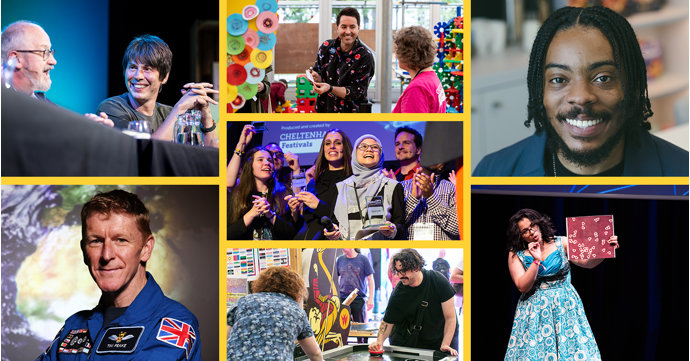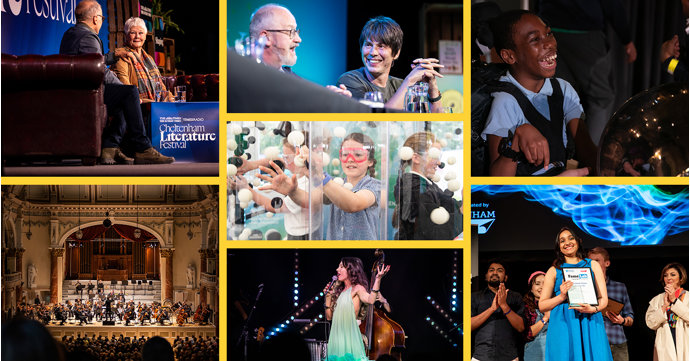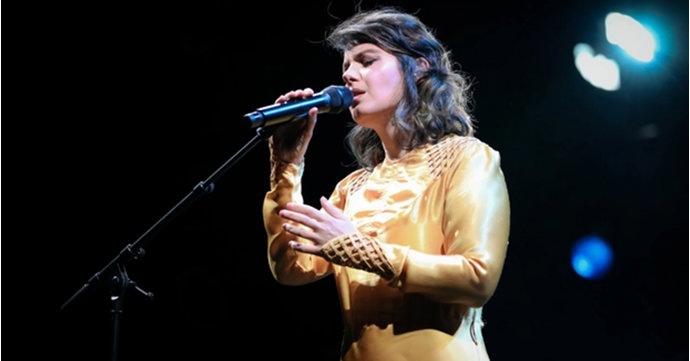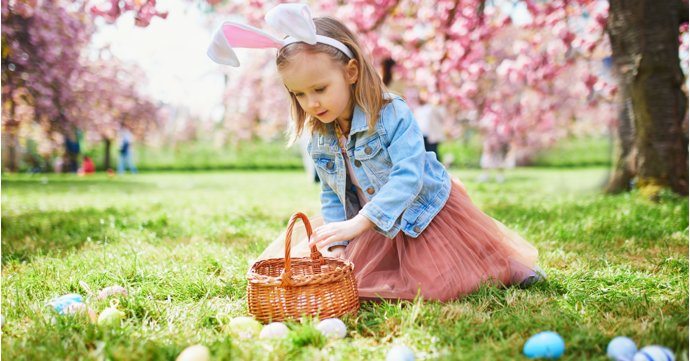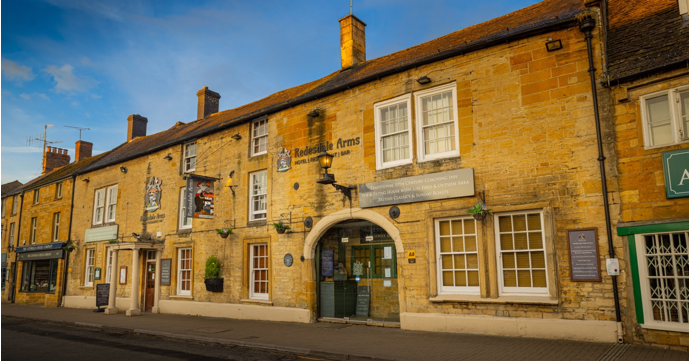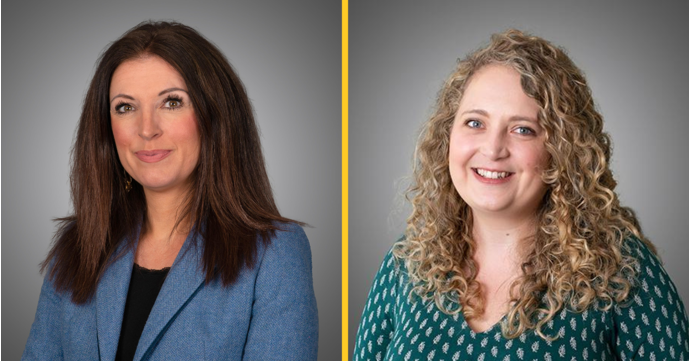In the first of SoGlos's new Meet the business leader series, Ian George talks about heading up Cheltenham Festivals; what it's like working with jazz legends like Jamie Cullum and Gregory Porter; and what advice he'd give to CEOs of the future.
Tell us about your career.
I'm a promoter by background. My career started through student radio, then working on a record label in London. I grew up in Cheltenham and came back to promote venues like the Pump Room and the Town Hall.
I was asked to set up the marketing department of Cheltenham Festivals when we became separate from the council in 2006, which I did for three or four years and thoroughly enjoyed — then in 2009, I was asked to be the director of the Jazz Festival.
I was always defending the Jazz Festival in terms of its diversity and the buzz that it brought the town, but financially it had its challenges, so I picked up the mantle for a few years before I was asked about running the other festivals.
Just before the pandemic we moved to a dispersed leadership model with four directors, of which I was one. Just as we were coming out of Covid in 2022, the board asked Ali (Mawle) and I to be co-CEOs and we’ve not looked back.
You implemented a sustainable business model for the Jazz Festival — tell us about that.
It was a journey! It was always a challenge when I was promoting it because the very word has baggage — a lot of people ‘don’t like jazz’ — so I had that in mind when I was working out where we were going take it.
We used to do amazing jazz concerts at the Everyman Theatre and the Town Hall, but there was a barrier physically and psychologically to bring people into the festival.
We'd dabbled on occasion with free stages, so I made a big decision to stop using some of the venues in Cheltenham and build a 600-seater Jazz Arena in the gardens for 2010. If we could get footfall into the Jazz Village for free, and add bars and food traders, people would come to see that this music is very broad — and three hours in they’d be enjoying that thing they didn’t think they liked, then maybe they’d buy tickets.
Making it a social event was very much on my agenda. Everyone likes the connectivity of a festival.
I was lucky enough to see festivals all over Europe — if you look at the European approach to jazz, even some of the biggest events like the North Sea Jazz Festival in Rotterdam, I would see people like Stevie Wonder, Prince, Adele, even James Taylor. All these amazing musicians, some more jazzy than others, but not out and out jazz. But I’d also see Chick Corea, Herbie Hancock, Diana Krall, the best living jazz musicians all in one festival.
I remember coming back in that summer of 2009 and thinking, why do we have to just do jazz at a jazz festival? I decided to do that European model and just bring in the best music, but always making sure we were programming the best jazz.
The first phone call I made when I was asked to be director of the Jazz Festival was to ask Jamie Cullum to be guest curator.
He had just been asked to take over from Humphrey Littleton's BBC Radio 2 show at that same time, so it all felt like a perfect storm that I was sat in a meeting with the head of Radio 2, Jamie and his manager talking about Cheltenham. We developed the idea of building it with Radio 2 — which was the biggest radio station in Europe — and Jamie was at the forefront of that.
What's it like working with musicians like Jamie Cullum and Gregory Porter?
It’s an amazing experience. They're both brilliant ambassadors for the music — they’re always looking at the past, present and future and how you might put them together.
Gregory and Jamie both have a huge profile, which has grown with Cheltenham, certainly in Gregory’s case. We were the first UK festival he'd played, I think it was his second ever UK show. I was introduced to Gregory via Jamie, so it was a nice handing on of the baton in terms of the curatorship as well.

How does sharing the co-CEO role work?
Being co-CEOs is quite unique. We've come from different backgrounds, Ali is incredible in terms of learning and participation, coming from a distinguished career in education, learning and public engagement, whereas my background is festivals.
When we started the joint leadership there were clearly two quite different areas that we had our skills in, so we worked hard to make sure that anyone could speak to either of us about everything, internally and externally.
We have a huge amount of respect for each other and know each other very well — and communication is key.
We put ourselves through some special coaching to challenge ourselves and our mindset and hopefully we're seeing the fruits of that now. The organisation is stronger for having two minds that can bring different philosophies and approaches, while being so aligned to the mission and vision of the organisation.
Is collaboration key to Cheltenham Festivals’ success?
Absolutely. We do a lot of curation internally and externally — whether that’s working with communities or partners — to create year-round learning and participation programmes, community projects and festivals, but you’ve always got to remember that you're doing it for everybody, not yourself.
Curation and collaboration are very much part of our DNA.
Accessibility, learning and participation is a huge part of Cheltenham Festivals — why is this so important?
We have a saying at Cheltenham Festivals that culture is for everybody. We believe that access to culture should be a daily part of everybody's life, not just for the middle classes.
Over the last 15 years specifically, we've made intentional moves to build our community work, our schools and education programmes year-on-year.
But equally, we're still on that journey. There are still things we need to improve on, but it's been incredible to see is how the recent work we've done around accessibility and sustainability has been picked up nationally.
Whether that's Glastonbury asking us what we’re doing, or the great conversations we’re having with Westonbirt and other amazing organisations like Arts Council about sharing good practice — it's a joy to see that our hard work is benefiting other organisations as well.

What are your proudest moments from your time at Cheltenham Festivals?
Those moments where you think 'this is nationally and internationally significant' — as someone that's grown up around here, I love the fact we're putting Cheltenham on the map.
When Hugh Laurie did his first blues record, he had two weeks to promote it and the tour was something like Berlin, Paris, Cheltenham — that’s quite significant to be up there with three major European cities.
Seeing the front page of The Times with Hillary Clinton and Cheltenham Literature Festival on it.
From an organisational point of view more broadly, during Covid, our ability to pivot. We'd always known we wanted to do more in a digital space, but cost and capacity were our two challenges. When Covid came, we had to do it quickly, so the team worked incredibly hard to still be putting out material. Looking back, seeing what we produced with our partners, speakers and musicians was incredible.
The thing that makes me proudest is that the team are so passionate and driven to improve what we do, but they also know their areas. It’s a joy when you get everyone in a room and all those ideas flow about how we can do something even better than the previous year. That's a real buzz.
What has been the most challenging aspect of your role?
The funding landscape is really challenging for the arts sector. We raise around £7 million and we get about four per cent of that from Arts Council. In today's landscape, to be able to raise £3 million in ticket sales and £4 million in funding is a hard thing to do.
In the last three or four years, we’ve lived through seven or eight once-in-a-lifetime things. Navigating that has been a challenge.
It's a challenge to help people see that we produce so much more than just the festivals, whether it's national reading projects or global science communication projects, but it's something we're really passionate about.
What advice would you give to aspiring CEOs?
You're not there to know everything — that's why you've got a team around you. Use them.
And you've got to remember, unless you’re a business owner, it’s not your organisation — you're a custodian.
Cheltenham Festivals has an 80-year history and we're working hard to see that it has another 80 years. As a CEO, it’s up to you to hand that organisation over in a better place than when you were asked to run it.
To find out more about the work Cheltenham Festivals produces and read its latest impact report, visit cheltenhamfestivals.org.




